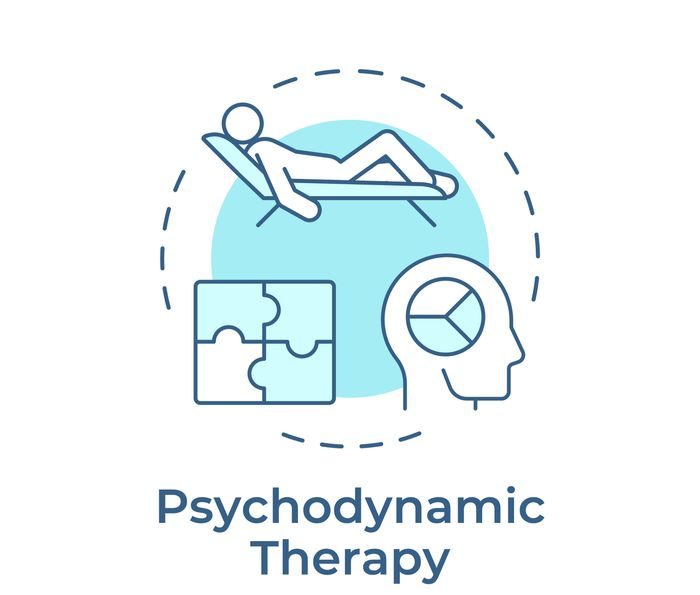
The Efficacy of Psychodynamic Psychotherapy
Jonathan Shedler
Meta-analysis
Psychoanalysis
Psychodynamic psychotherapy
Psychotherapy outcome
Psychotherapy process
There is a belief in some quarters that psychodynamic concepts and treatments lack empirical support, or that scientific evidence shows that other forms of treatment are more effective. The belief appears to have taken on a life of its own. Academicians repeat it to one another, as do healthcare administrators, as do healthcare policy makers. With each repetition, its apparent credibility grows. At some point, there seems little need to question or revisit it because “everyone” knows it to be so.


